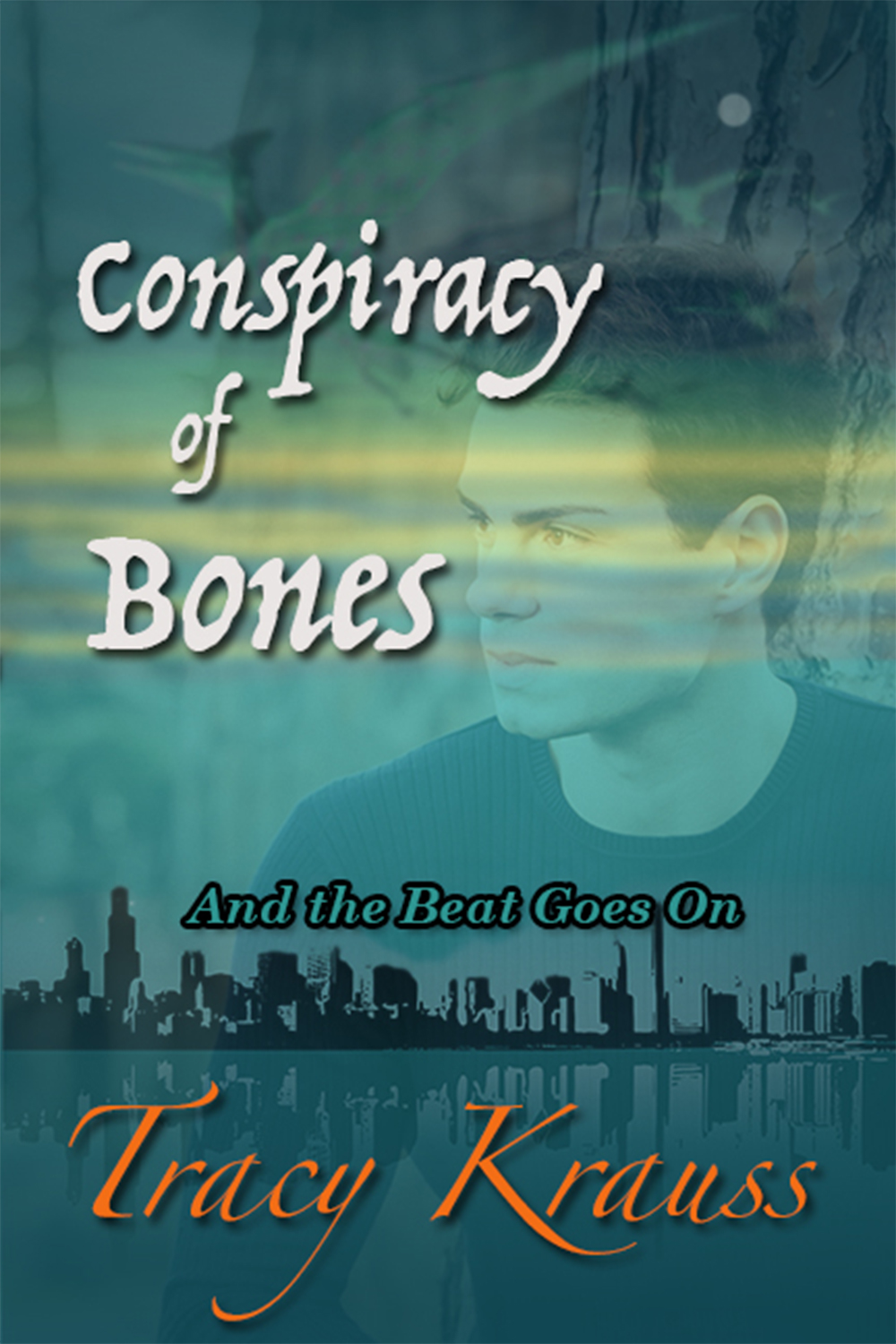
Get your free copy of this award winning book.
Humour goes a long way – in writing and in life. There is nothing like it to break tension and make people feel comfortable. However, we’ve probably all been witness to a joke gone bad. Either the punch line wasn’t delivered correctly, the timing was wrong, or it was inappropriate for the setting. In any of these scenarios, instead of putting people at ease, the blundered attempt at humour created an awkward moment. Some people just seem to ‘have it’ and some people don’t.
Phil Callaway comes to mind in the ‘have it’ camp. He has a way of telling even the most ordinary story and making it hilarious. The entire topic reminds me of a few principles I teach my acting students about improvisation. I’ll call them, “Mrs. K’s Rules of Comedy”.
The number one rule is: quit trying so hard. The best humour is unexpected. It happens naturally. When an actor (or a writer) tries to be funny it usually comes across as what I call ‘pathetic’. There may be a titter of nervous laughter and maybe even some eye rolls, but this probably isn’t the response intended. You know what I’m talking about. It’s awkward. It’s forced. It makes the audience feel sorry for the performer, and not in a good way. The best way to NOT be funny is to try to be funny. Be genuine instead.
Next, and of equal importance, is: tell the truth. We’ve all heard a story that had us in stitches while gathered around the proverbial water cooler. What made that tale so engaging? Chances are, it was true. It’s why guys like Phil Callaway and Stuart Maclean are so darn funny. (And may I add our own Jack Popjes.) They tell stories about the mundane. The ordinary. And audiences connect to that. Good storytellers may add embellishments, but there is still a seed of truth there somewhere. We can place ourselves in that same situation. It reminds us of our own lives and that’s why we laugh. Truth is always funnier than fiction.
Which leads me to point number three: avoid getting laughs at the expense of others. The humourists we love the most use a lot of personal stories. They know it’s okay to poke a little fun at oneself. Again, we can relate and laugh along – as much at ourselves as at them. Sometimes they take some good-natured liberties with others, but as long as it doesn’t become mean spirited, it’s okay to a point. Unfortunately, this isn’t always the case. Some comedians have made entire careers out of using sarcasm. (The late Joan Rivers comes to mind.) Political satire and ‘mother-in-law’ jokes may be funny sometimes, but can also deteriorate quickly into the distasteful realm. It’s why I’m not a fan of celebrity ‘roasts’. I have zero tolerance for students who try for laughs at the expense of their scene partners. Comedy comes through telling the truth about a situation, not exposing one another’s faults. Simply put, be kind!
These principles can be applied to all types of writing, not just theatrics and not just humour. “Mrs. K’s Rules of Comedy” even apply to life in general. (By the way, I just made that title up. I don’t actually use it, but it does have a nice ring to it…)
Be genuine. Be truthful. Be kind. Like humour, a little of these go a long way.
This article originally appeared on the Inscribe professional blog on April 28, 2016.